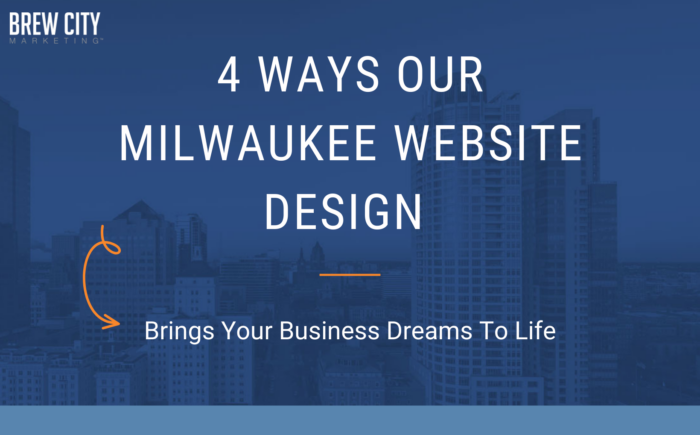
So you have a business, you have a product or service, and now you need a website. Where do you go from here? There are numerous website builders out there, but which one is the best for your needs? We’re here today to highlight the pros and cons of the 3 major website builder platforms: Weebly, Squarespace, and WordPress.
Squarespace
Squarespace is a website-building solution that is visually appealing and works well with many types of businesses. It’s an all-in-one solution which includes everything needed for the website and allows you to manage all the different pieces of your website from one interface, for one price. Squarespace has a very easy-to-use web builder, allowing you to get a site online with hosting and domain name included. Their customer support is great, with live chat representatives ready to help with anything you might need at any time. While that all sounds great, there are some hiccups with the platform.
The first is pricing. Squarespace is the most expensive of the drag-and-drop website builders. When you run the numbers it’s also more expensive than setting up your own WordPress website. The platform also lacks in marketing and SEO capabilities and it’s hard to figure out the limited options they have. Backend user functionality is difficult to navigate, including the drag-and-drop features that allow you to build the website. It’s not easy to find the features to add to your website like blogs, additional pages, dividers, and images, and it’s just as hard to place them into the website when you do find them. Overall, Squarespace is great for someone who is focused on having a visually appealing, modern website that lives up to its motto “Build It Beautifully.”
Weebly
Weebly is one of the fastest-growing website builders – interesting because it’s also one of the oldest. Weebly is another all-in-one website builder platform that prides itself on not requiring you to buy separate pieces for your website and install them. It’s a great trade-off in which you give up control but gain convenience. One of the biggest pros of Weebly is its speed, security, and backup ability. Weebly provides the hosting for its websites, meaning the websites are fast, secure and optimized.
Weebly is also very affordable, with some pretty awesome features that are free or as low as $12 a month. Extensions are plentiful with Weebly, almost rivaling those of WordPress. Disadvantages of using the Weebly platform include their content management system as well as their platform lock-in. Users that plan on having 50-plus pages on their website will want to stay away from Weebly, as the system is inefficient and difficult to navigate with a lot of information. The biggest drawback of Weebly is the inability to migrate your website to another platform like WordPress easily. This is a very tedious and time-consuming process that you’ll have to undergo when you get to a point where you need to move to a more robust platform.
WordPress
WordPress is our favorite website-building platform. It’s what we use for our website and all the sites we build for our clients. WordPress is the most popular content management system, and while it’s not perfect, it’s far superior to the drag and drop options such as Squarespace and Weebly.
The first advantage is that it puts you in control of your website, and lets you do what you want to do with it. WordPress is an open-source CMS, which means any user can manipulate, customize or redistribute it as he or she sees fit. In other words, WordPress is not proprietary. Effectively, this means that you have the freedom to do whatever you want with your website, whether that means radically altering the code or migrating it to any hosting company you choose.
Secondly, there are over 29,000 plugins in the WordPress directory, and a new plugin is added every hour! Plugins are customized code that extends and expand the functionality of your website, giving you the ability to build a full-scale E-commerce website or add a Twitter feed, among thousands of other options. The third advantage is that WordPress sites are highly scalable. Your website can have hundreds and thousands of pages, blog posts, or products. Rest assured that no matter how much your business grows, the performance of your website will not be compromised in the least.
The cons of WordPress include a need to have, at minimum, entry-level web development experience to fully take advantage of its power. WordPress is not an easy platform to jump into. Also, regular updates are required in WordPress. The development team is always releasing new patches and updates to the platform to protect its users and increase the usability of the platform. If you’re not comfortable with applying updates, WordPress may not be for you.
Brew City Marketing Can Help
Every website is unique in its own way, and with a plethora of options available for building and hosting, there are many avenues you can take. We recommend WordPress simply because of the customizability and the complete ownership and control it provides as a content management system. For more information on our experiences with WordPress, revisit our blog series “Why WordPress” or feel free to give us a call – we’re happy to answer any questions you may have! Contact us today!



